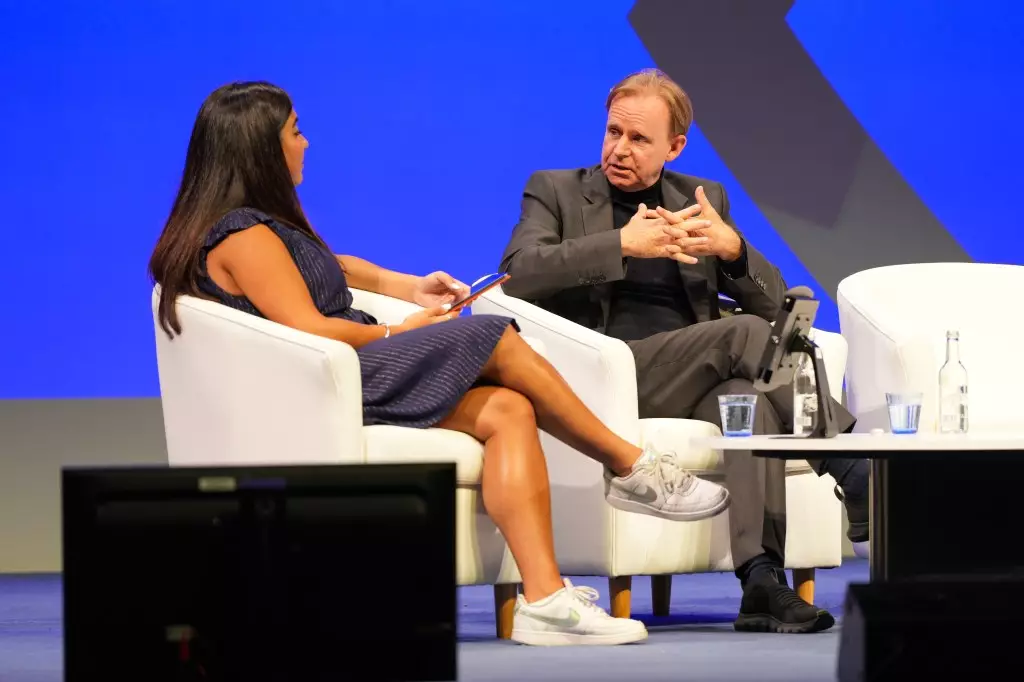The UK broadcasting industry has recently come under fire for its approach to addressing the decline of mid-budget programming. Critics have labeled broadcasting bosses as “callous” and “cloth-eared” for their public statements regarding the state of the mid-range market. The head of Pact, John McVay, expressed dismay at how industry leaders, such as BBC’s Charlotte Moore and ITV’s Kevin Lygo, seemed indifferent to the struggles faced by producers in the mid-budget sector.
McVay criticized the lack of sensitivity displayed by broadcasting executives at the Edinburgh TV Festival. He highlighted the disconnect between the industry’s focus on high-budget productions and the reality faced by mid-budget producers. Terms like “rightsizing” were seen as dismissive and out of touch with the challenges experienced by smaller production companies. McVay emphasized that the mid-range market is where many Pact members operate, making the industry’s attitude towards this segment disheartening.
The shift away from mid-budget programming has already had a tangible impact on producers in the UK. Companies like RDF, Betty, and Wildflame have been forced to close or downsize due to the changing landscape of the industry. Pact’s census data confirmed a decline in the number of producers with turnover in the £5m-£10M range, indicating a significant squeeze on mid-range businesses. This trend has raised concerns about the long-term viability of independent production companies in the UK.
Beyond the financial implications, the death of the mid-budget market has broader consequences for the UK TV industry. John McVay underscored the potential impact on the TV skills pipeline and diversity initiatives. With buyers focusing on big-budget franchises and established intellectual property, there is a risk of stifling innovation and limiting opportunities for emerging talent. McVay highlighted the need for a more inclusive and supportive environment that encourages a diverse range of voices and perspectives.
As the UK broadcasting industry grapples with the challenges of a changing market, there is a need for greater collaboration and dialogue between industry stakeholders. The dismissive attitude towards mid-budget programming threatens to undermine the creative ecosystem that has long been a hallmark of British television. By engaging with producers, fostering creativity at all budget levels, and championing diversity, the industry can work towards a more sustainable and inclusive future for UK television.
The criticism leveled at UK broadcasting bosses for their handling of the decline of mid-budget programming is a wake-up call for the industry. By acknowledging the value of diverse content and supporting producers across all budget ranges, the UK TV sector can navigate the changing landscape and emerge stronger and more resilient. It is time for a shift in mindset and a renewed commitment to fostering creativity and talent in the industry.

